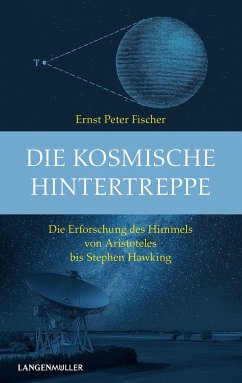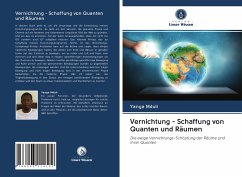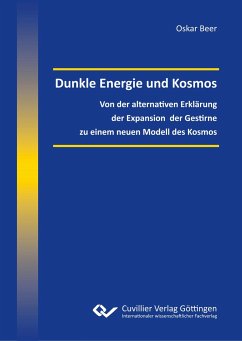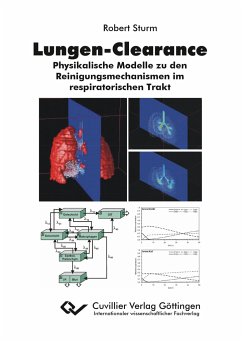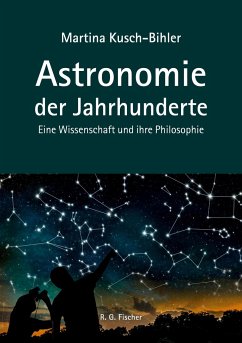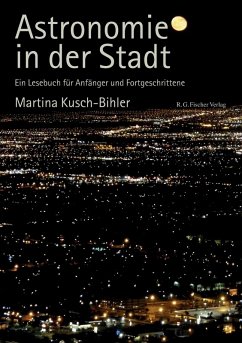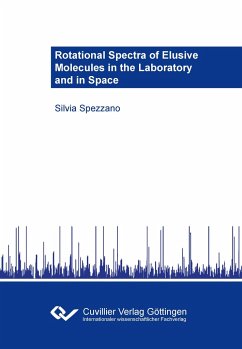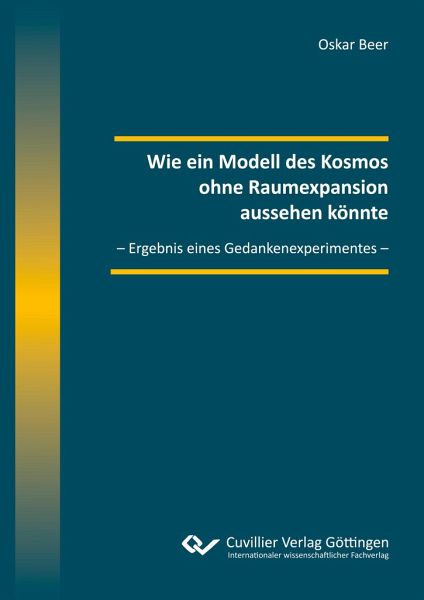
Wie ein Modell des Kosmos ohne Raumexpansion aussehen könnte. - Ergebnis eines Gedankenexperimentes -

PAYBACK Punkte
0 °P sammeln!
How a Model of the Cosmos without Expansion of Space looks like From the findings of a gedankenexperiment an alternative model of the cosmos has been derived, including predictions of velocities and actual distances from celestial bodies to the earth. These predictions are in exact match with the published data of the Extragalactic Cepheid Database of the Konkoly Observatory ¿¿ as well as of the Supernova Catalogue of Guillochon et al. ¿¿ (See below chapter 3) . The cosmic red shift is due to the Doppler effect and the model yields a theoretical value of the Hubble constant of 70,9 (km/(Mp...
How a Model of the Cosmos without Expansion of Space looks like From the findings of a gedankenexperiment an alternative model of the cosmos has been derived, including predictions of velocities and actual distances from celestial bodies to the earth. These predictions are in exact match with the published data of the Extragalactic Cepheid Database of the Konkoly Observatory ¿¿ as well as of the Supernova Catalogue of Guillochon et al. ¿¿ (See below chapter 3) . The cosmic red shift is due to the Doppler effect and the model yields a theoretical value of the Hubble constant of 70,9 (km/(Mpc¿s). The setup can be described by an equation of motion analogue to the second Friedmann differential equation. In first approximation the specific energy of baryonic and Dark Matter on the one side and the Energy , responsible for the expansion of the cosmos, on the other side is given by 0,33 to 0,67. Further on, the Copernican principle for the cosmos is fulfilled. This model describes only effects related to the Big Bang. All later occurrences like later interactions , background radiation, genesis of galaxies, elements, black holes etc. remain unaffected.




